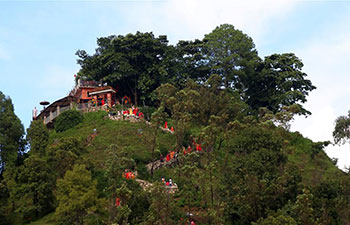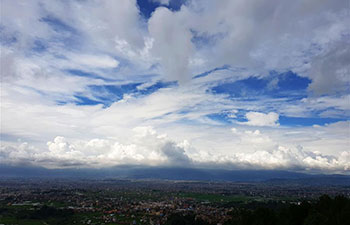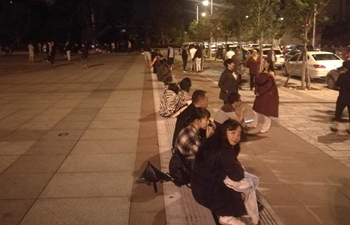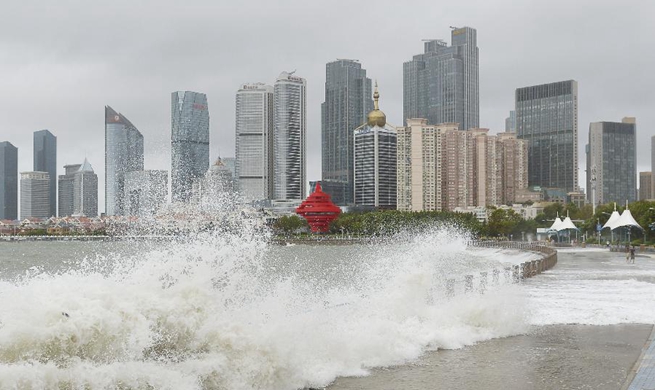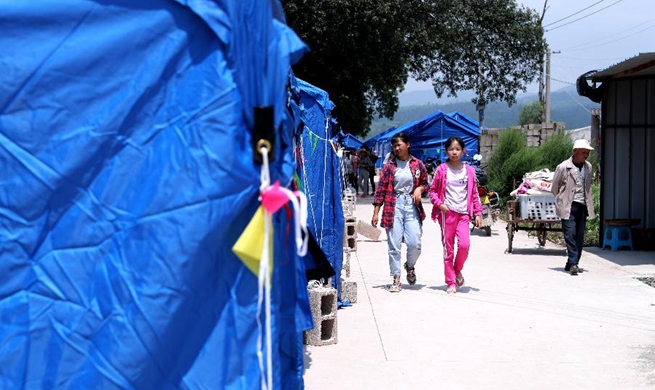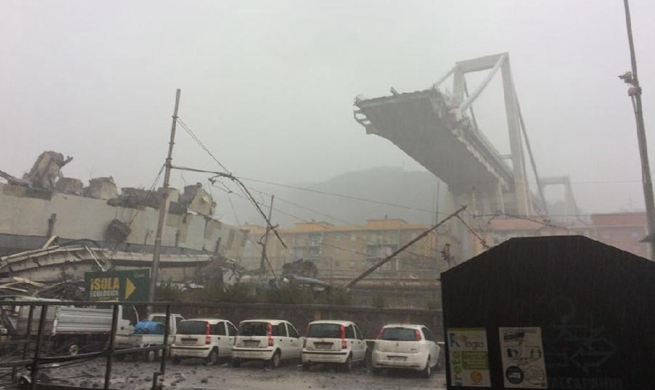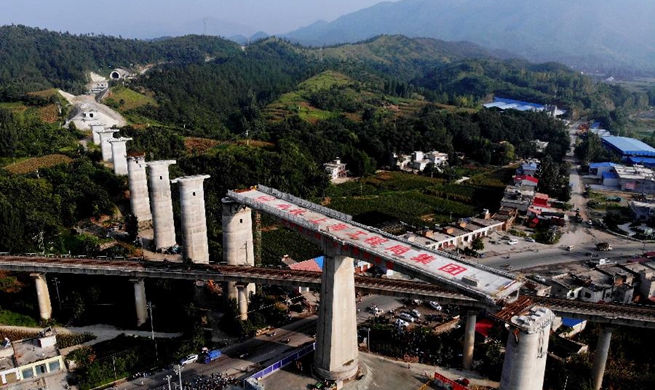JUBA, Aug. 14 (Xinhua) -- South Sudan on Tuesday expressed cautious optimism that the recently signed peace deal in the Sudanese capital of Khartoum bringing an end to the more than four years of conflict will hold despite doubts from international community.
Mawien Makol, the Foreign Ministry spokesman, told Xinhua that the Aug. 5 agreement inked in Khartoum by the warring parties is homegrown and is widely accepted by the signatories compared to the 2015 peace agreement in Ethiopia which was bound to fail due to glaring loopholes and problems.
"This is home grown peace when peace is coming through people...homegrown peace initiative always has a lot of acceptance and people will commit to it more and more," Makol said in Juba.
This came after Troika group that includes the U.S., Britain and Norway last week described the peace deal as not realistic or sustainable and urged South Sudanese leaders to behave differently and demonstrate commitment to peace and good governance while citing past failures.
Makol revealed the latest peace deal inked by President Salva Kiir and Riek Machar, leader of the main rebel group and other opposition groups, came through preference and convenience and will be different from the 2015 peace agreement because all the stakeholders are convinced of the urgent need for peace.
He said the South Sudanese have suffered a lot and that peace needs to be guaranteed and that there is a commitment from those involved.
Makol also disclosed that they need support from the international community to ensure that sustainable peace returns to the youngest nation.
He also hailed regional countries under the Intergovernmental Authority on Development (IGAD) for sticking with South Sudan in difficult moments and helping broker the peace deal due to the fact that peace in South Sudan is good for regional security and stability.
South Sudan descended into civil war in late 2013, and the conflict has created one of the fastest growing refugee crises in the world.
A 2015 peace agreement was shattered when the warring parties renewed fighting in July 2016 in the capital, forcing rebel leader Riek Machar to flee into exile.
The UN estimates that about four million South Sudanese have been displaced internally and externally.


